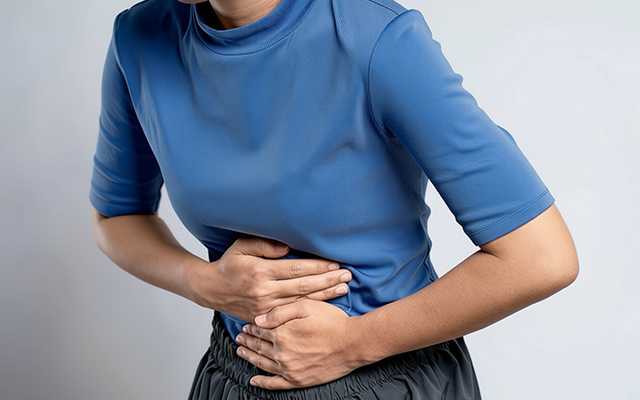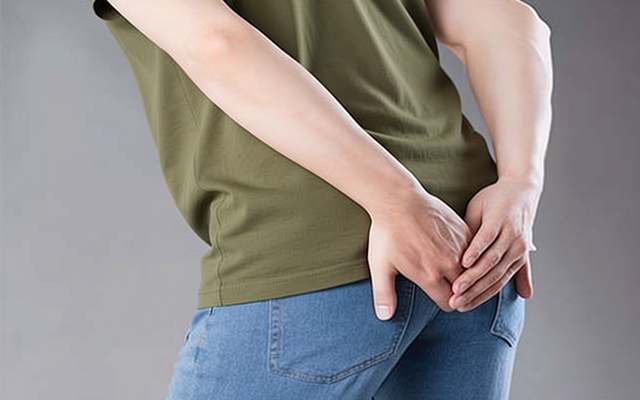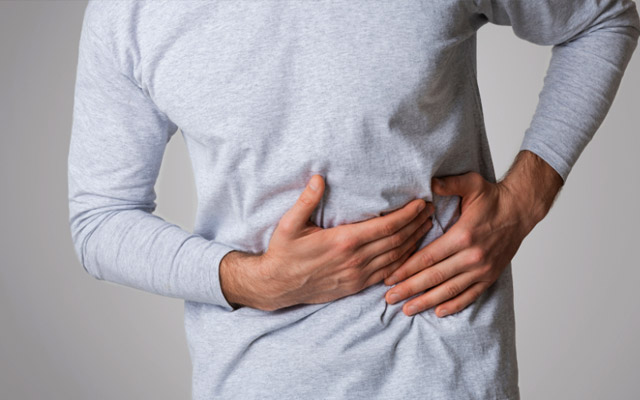The gallbladder is a small but essential organ situated beneath the liver. It stores and releases bile, a fluid necessary for digesting fats. While many overlook gallbladder health tips, this organ plays a crucial role in digestion. Neglecting it can lead to issues such as gallstones, inflammation, or more severe conditions. In this blog, we’ll explore how to maintain a healthy gallbladder and when to seek professional help, including consulting a gallbladder surgeon in Kolkata if necessary.
1. Follow a Balanced Diet
The key to preserving gallbladder health tips is eating a balanced diet. Eating foods high in nutrients promotes the formation of bile and keeps dangerous compounds like cholesterol from accumulating, which can cause gallstones. A diet rich in fiber should be prioritized since it facilitates regular bowel movements and aids in digestion, both of which are necessary for bile flow.
Make sure your meals include lean proteins, nutritious grains, and an abundance of fresh fruits and vegetables. These meals give your body vital vitamins and minerals in addition to supporting gallbladder function. Conversely, stay away from fried and processed foods because they contain a lot of bad fats and might cause gallstones.
Including healthy fats, such as those found in avocados, olive oil, and nuts, can also be beneficial, but moderation is key. Too much fat, even if it’s healthy, can put unnecessary strain on the gallbladder.
2. Maintain a Healthy Weight
It’s crucial to keep your weight steady and healthy for your gallbladder. Because excess body weight can raise bile cholesterol levels, it increases the risk of gallstones. Rapid weight loss, however, can also be detrimental because it can lead to bile imbalance and stone formation.
The optimal weight-management strategy is one that is sustainable and gradual. To reach and stay at a healthy weight, combine a well-balanced diet with frequent exercise. Walking, swimming, and cycling are examples of exercises that not only aid in weight loss but also enhance bile flow and general digestion. If you want to lose excess weight, try to lose no more than 1-2 pounds every week.
3. Stay Hydrated
Maintaining the consistency of bile and making sure it flows easily depends on proper hydration. Bile can become slow and thick when the body is dehydrated, which raises the risk of gallstones. Maintaining adequate hydration helps maintain your bile fluid, which facilitates effective digestion.
Try to consume eight to ten glasses of water per day. Coffee, alcohol, and sugary drinks can have diuretic effects or cause dehydration, so avoid depending on them to stay hydrated. You may make your water more enticing and motivate yourself to drink more during the day by adding natural flavors like lemon or cucumber.
4. Limit High-Cholesterol Foods
One of the main causes of gallstones is an excess of cholesterol in the bile. Fatty meats, full-fat dairy products, and processed snacks are examples of foods high in cholesterol that can overload and interfere with the gallbladder’s ability to operate.
Limit your consumption of trans and saturated fats to safeguard your gallbladder. Rather, concentrate on meals like oatmeal, beans, almonds, and fatty fish high in omega-3 fatty acids that naturally reduce cholesterol. A big impact can also be made by substituting healthier cooking techniques like baking, grilling, or steaming for high-fat ones like frying.
5. Manage Stress Levels
Prolonged stress can have a detrimental effect on bile flow and production as well as digestion. Stress causes your body to prioritize other processes over digestion, which may result in gallbladder problems. Using stress-reduction strategies on a regular basis can greatly enhance your physical and emotional well-being.
You can increase relaxation and lessen stress by engaging in mindfulness, meditation, or yoga practices. Effective stress management can also be achieved by taking up hobbies, going outside, or just unplugging electronics. Making sure you receive 7 to 9 hours of sleep every night is similarly crucial because a well-rested body is less likely to have stomach disorders.

6. Avoid Skipping Meals
Long-term fasting or missing meals might throw off the gallbladder’s bile equilibrium. Bile can build up and become concentrated when you don’t eat frequently, which increases the risk of gallstones.
Keeping a regular meal schedule promotes digestion and helps guarantee continuous bile flow. Try to eat smaller, more balanced meals throughout the day rather than big ones that are eaten occasionally. In addition to helping your gallbladder, this exercise also helps control your energy and blood sugar levels. Steer clear of overeating because doing so might overwhelm the gallbladder and other digestive organs.
7. Recognize Early Symptoms of Gallbladder Issues
Despite your best efforts, it’s important to be aware of the early signs of gallbladder problems. Recognizing symptoms early can help you seek medical attention before complications arise.
Common signs of gallbladder trouble include:
- Pain or discomfort in the upper right abdomen, especially after eating fatty foods.
- Nausea, vomiting, or indigestion.
- Bloating or gas.
- Jaundice (yellowing of the skin and eyes), which may indicate bile duct blockage.
If you notice persistent or severe symptoms, consult a healthcare provider for diagnosis and treatment.
8. Consult a Doctor Regularly
Proactive healthcare is essential for maintaining gallbladder health tips. Routine medical check-ups can help detect issues early and prevent them from escalating. If you have a family history of gallstones or other gallbladder problems, your doctor may recommend regular ultrasounds or other diagnostic tests to monitor your gallbladder’s condition.
In addition to regular check-ups, it’s important to discuss any dietary or lifestyle changes with your healthcare provider. They can provide personalized advice based on your health history and specific needs.
Conclusion
Your gallbladder may not be the most talked-about organ, but its role in digestion makes it essential for overall health. By adopting these Gallbladder Health Tips, you can reduce your risk of developing gallstones, inflammation, or other gallbladder issues. Focus on eating a balanced diet, staying hydrated, maintaining a healthy weight, managing stress, and seeking regular medical care to keep your gallbladder functioning at its best.
Remember, prevention is key. By making these small but impactful lifestyle changes, you can enjoy better digestive health and a healthier life overall.







